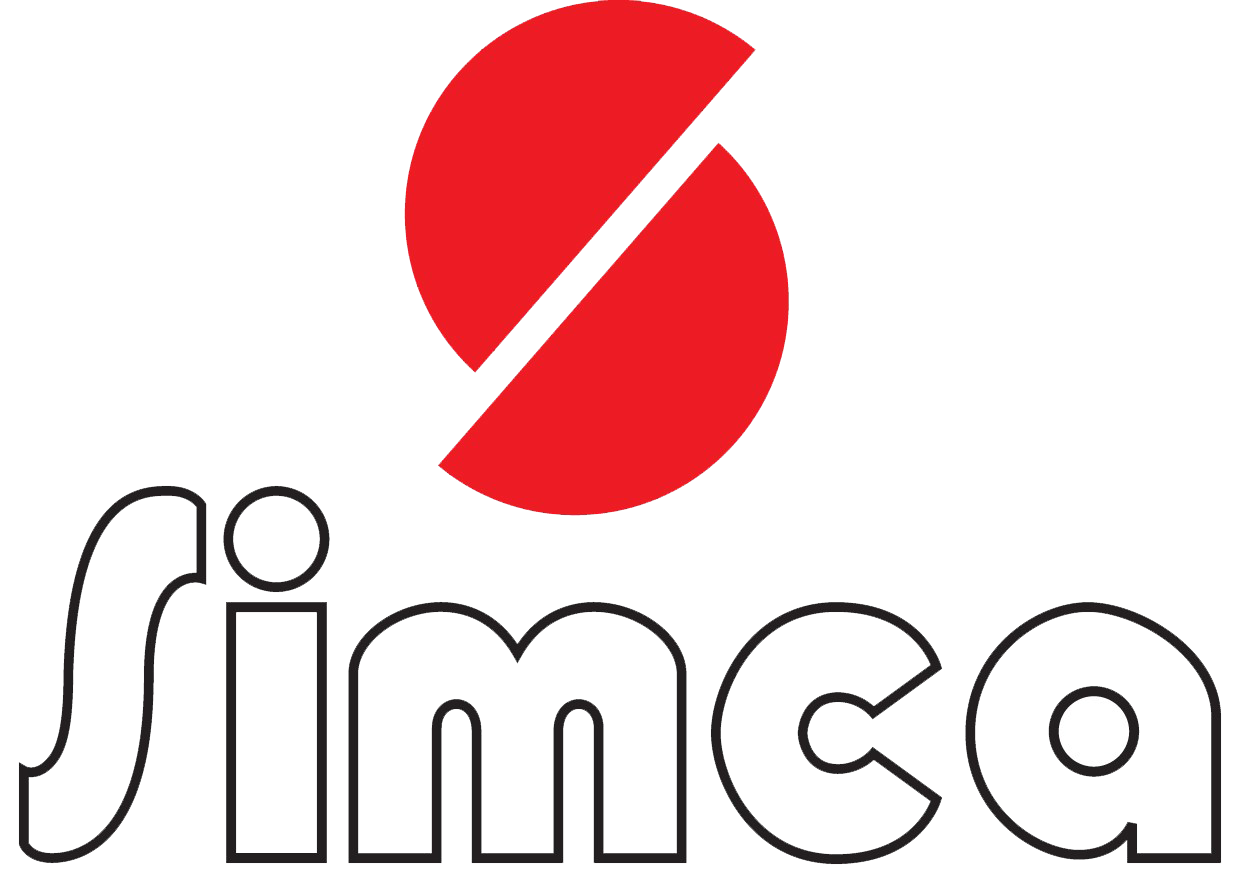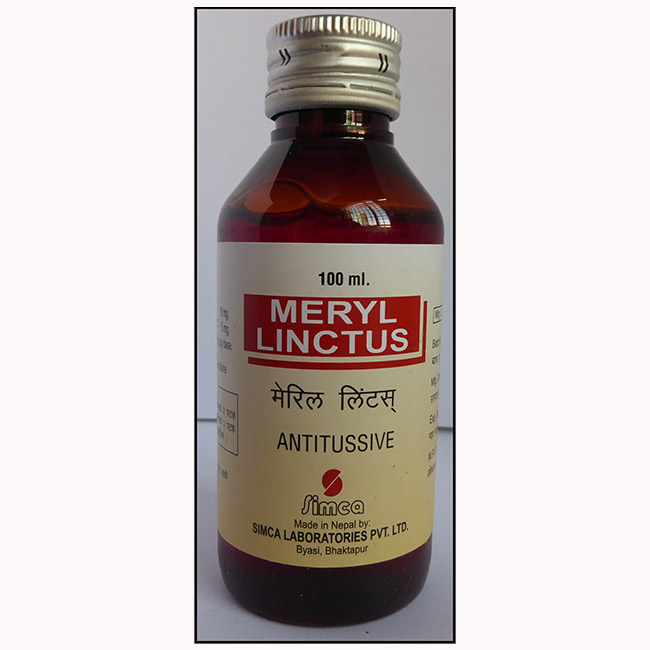Meryl Linctus
Generic composition: Dextromethorphan HBr 10mg and Pheniramine Maleate 5mg/5ml
General Introduction
Meryl Linctus contains the active ingredients, Dextromethorphan HBr and Pheniramine Maleate: an effective antitussive agent and anti- allergic agent respectively.
Therapeutic category
- Anti-tussive
Dosage forms available
- MERYL Linctus 50ml and 100ml bottles
Pharmacokinetics
Dextromethorphan: Following oral administration, dextromethorphan is rapidly absorbed from gastrointestinal tract. It crosses the blood-brain barrier. The duration of action after oral administration is approximately 3-8 hrs.
Pheniramine Maleate: Pheniramine maleate is absorbed relatively slowly from the gastrointestinal tract, with peak plasma concentrations occurring about 2.5 to 6 hours after oral administration. Bioavailability is low, values of 25 to 50% having been reported. About 70% of pheniramine in the circulation is bound to plasma proteins. Pheniramine is widely distributed in the body and enters the CNS.
Uses
- Temporary relief of dry coughs, upper respiratory relief of coughs and upper respiratory symptoms, including nasal congestion, associated with allergy or the common cold
Dose
- 10 ml to be taken every 6 hourly for adult
- 5ml to be taken every 6 hourly for children
Adverse Reactions
Sedation, dryness of mouth, nose and throat, thickening of bronchial secretions, and dizziness.
Contraindications
- Hypersensitivity to any of the ingredients.
- Not recommended in the treatment of bronchial asthma.
- Patients with severe hypertension, severe coronary artery disease, narrow-angle glaucoma, urinary retention, peptic ulcer, and in patients on MAO inhibitor therapy (or for 14 days after stopping MAOI therapy)
Drug Interactions
- Antihistamines have additive effects with alcohol and other CNS depressants (hypnotics, sedatives, tranquilizers, antianxiety agents, etc.)
- The use of phenylephrine with other sympathomimetic amines and MAO inhibitors (or for 14 days after stopping MAOI therapy) may produce an additive elevation of blood pressure. MAO inhibitors (or for 14 days after stopping MAOI therapy) may prolong the anticholinergic effects of antihistamine


